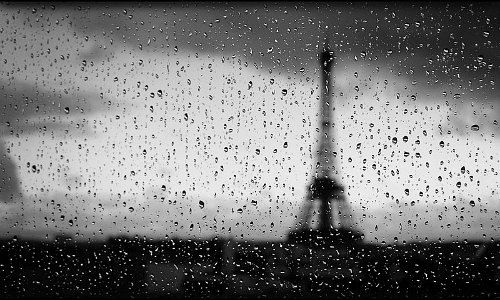Credit Suisse: Looking Into a French Abyss?
So Credit Suisse believes to be safe and repeatedly insisted that the bank is pursuing a policy of zero tolerance regarding untaxed assets. Following the searches in the three cities, Credit Suisse went public with its determination to stamp out the activity of helping tax dodgers. Clients of Credit Suisse in Europe have been required to provide documentation on the tax status of their assets since 2011.
The way Credit Suisse responded seemed to be supported by the UBS strategy of confrontation. Markus Diethelm, the head of the UBS legal team, had rejected a compensation demand that was even higher than the bail of 1.1 billion euros it had previously posted, prompting the French to take the case to court. The result was the verdict of February 2019 and a fine of 4.5 billion euros, which UBS has appealed in the meantime.
UBS may be right to claim that the verdict was political and badly supported by hard evidence. It will build its strategy on this conviction.
Censoring Past Sins
But this won’t help Credit Suisse much if PNF concludes the investigation, as little as its protestations that untaxed money isn’t welcome. Credit Suisse paid $2.6 billion in the U.S. following an admission of guilt.
It wasn't spared following Chairman Urs Rohner's statement that the company had stopped doing offshore business with U.S. clients and supported the automatic exchange of information. All tax disputes involving Swiss banks had touched on activities that had occurred before the financial crisis.
Credit Suisse isn’t saying how it will deal with the French case. But the way the UBS trial was dealt with will naturally affect its strategy.
- << Back
- Page 2 of 2























